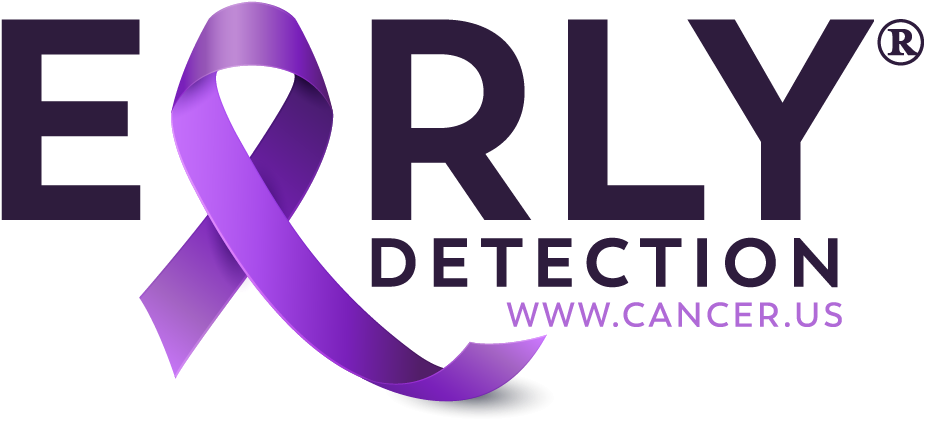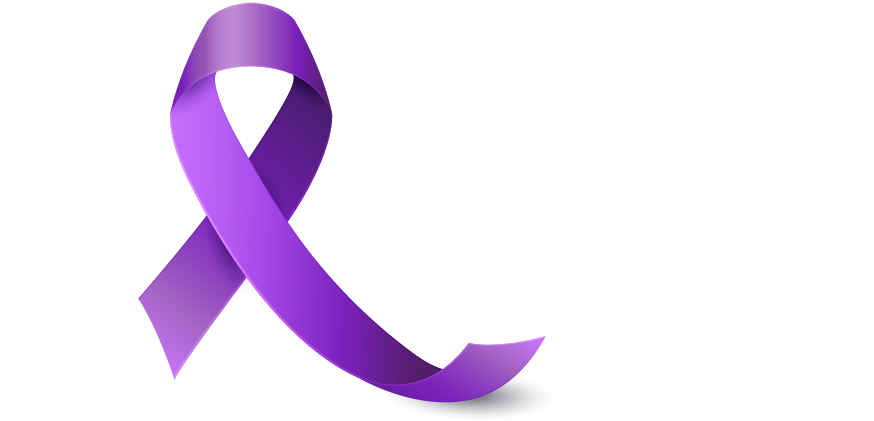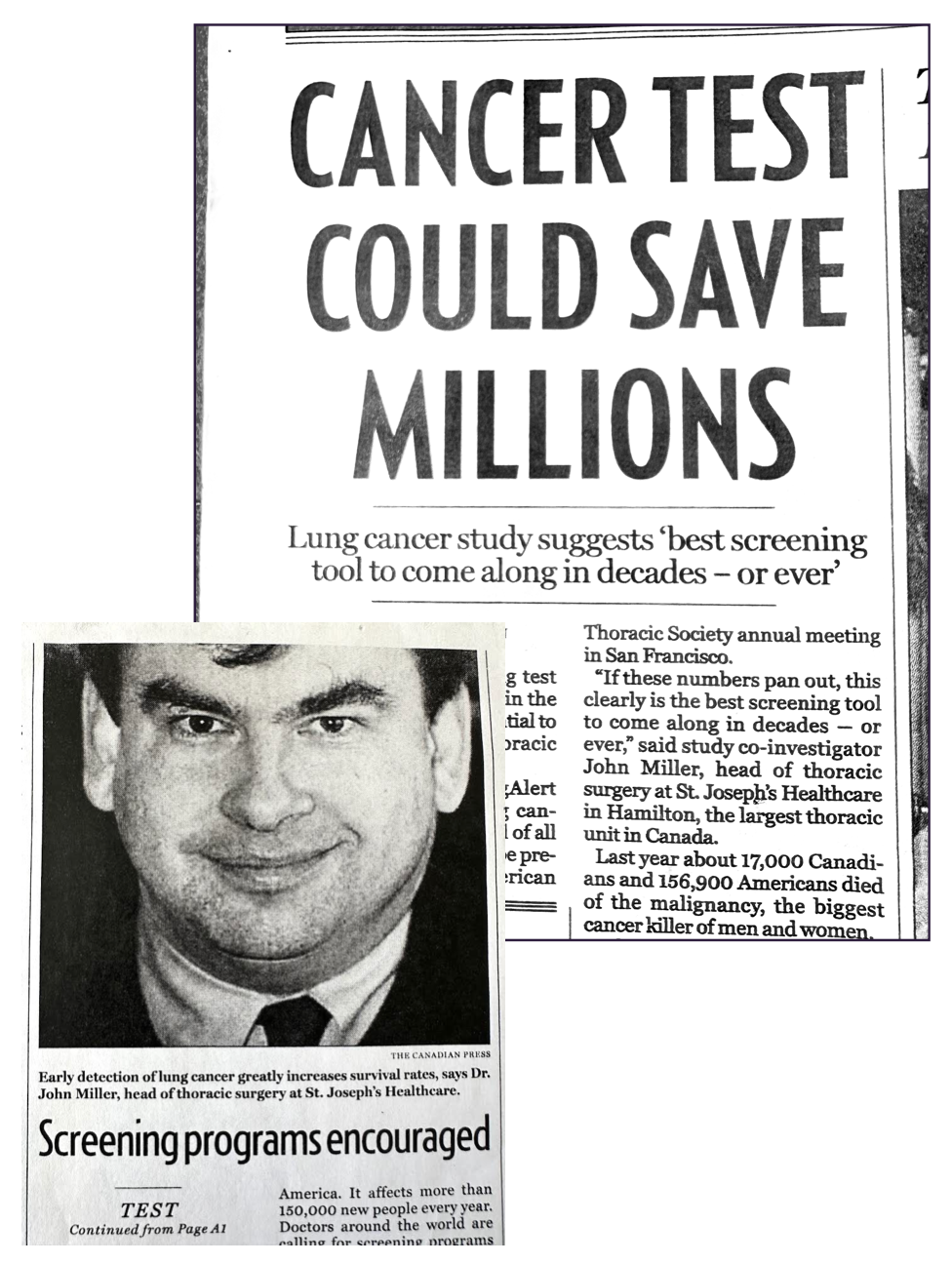Our mission is clear:
Change the way doctors and patients detect to defeat cancer.
Founded in 2017, Early Detection, Inc. (EDI) builds on decades of research spanning over 20 clinical trials in seven countries and involving over 10,000 patients. The EarlyTest is the world’s first point-of-care (meaning you take the test in your doctor’s office) cancer screening test, able to detect cancer at all stages and detect risk of future cancers.
Moved by the firsthand experience of enduring his mother and several family members battle cancer, EDI founder and CEO, Dr. Kim Vanderlinden, brings to EDI his experience as a medical researcher, business executive, author, and practicing physician.
Early detection saves lives.
Noted by McMaster University’s John Miller, MD, the lung cancer clinical trial as covered in Canada’s National Post (see image), the screening test technology can have outsized impact: “… Because the survival rate can change from one in 10 people surviving… to seven or more surviving five years by detecting it early, it could have a huge impact on survival from lung cancer…”
In the lung cancer clinical trial, 87 percent (13 of 15) of the early Stage 1 and Stage 2 lung cancers were detected and may explain the enthusiasm of the subtitle: Lung cancer study suggests ‘best screening tool to come along in decades - or ever’
What is a screening test?
A screening test is not a diagnostic test, rather a screening test is used to evaluate risk of a disease. For example, during the Covid crisis, people were screened at airports using thermometers to check for elevated temperatures. A elevated temperature can result from a number of conditions and thus is not used to diagnose Covid, rather it is a tool to see if one is at increased risk of having Covid.
Signs and Symptoms
Screening tests are intended for asymptomatic or symptom free patients. When patients test positive with a screening test, it helps physicians decide the next steps, which in the case of cancer, usually means further evaluation with diagnostic tests. For example, a woman with no breast symptoms that tests positive with our test, will then likely be recommended for a mammogram. In the case of cancer, detecting cancer before a patient has any symptoms, often means that the cancer was detected at an earlier stage, and thus their chance of survival is greatly increased.
Easy to Use
The EarlyTest is safe (no radiation, as with a CT or mammogram) and easy to perform. A mucus sample only takes a minute or two to collect from the various organs and around 15 minutes for the test to provide a reading:
Lung Test: patient provides deep sputum (not saliva)
Uterine Test: doctor takes a second swab while performing a pap smear (at the same time, the doctor can easily take a rectal swab to obtain mucus for the colorectal test)
Breast Test: a doctor or their assistant will collect a few drops of nipple aspirate (the patient will massage their breast from the outside towards the nipple for a few minutes, then a syringe with a silicon cup is placed over the nipple and when the doctor pulls back on the syringe, the resulting vacuum effect will usually result in nipple aspirate or fluid being collected; the fluid is placed on the test strip to allow for a reading
Prostate Test: fluid can be collected by the doctor at the same time when collecting a colorectal test mucus sample
Should be included as part of one's annual exam
The mucus samples from the lungs, breast, uterus, prostate and colon, can easily be obtained during a routine annual doctor’s visit. It is estimated that only 62 percent of US adults actually get an annual physical. Now, with the ability to safely and easily detect our deadliest cancers during a doctor’s exam, and often detect them earlier than current lab testing, it provides a great reason to get your annual -- it could literally save your life.


